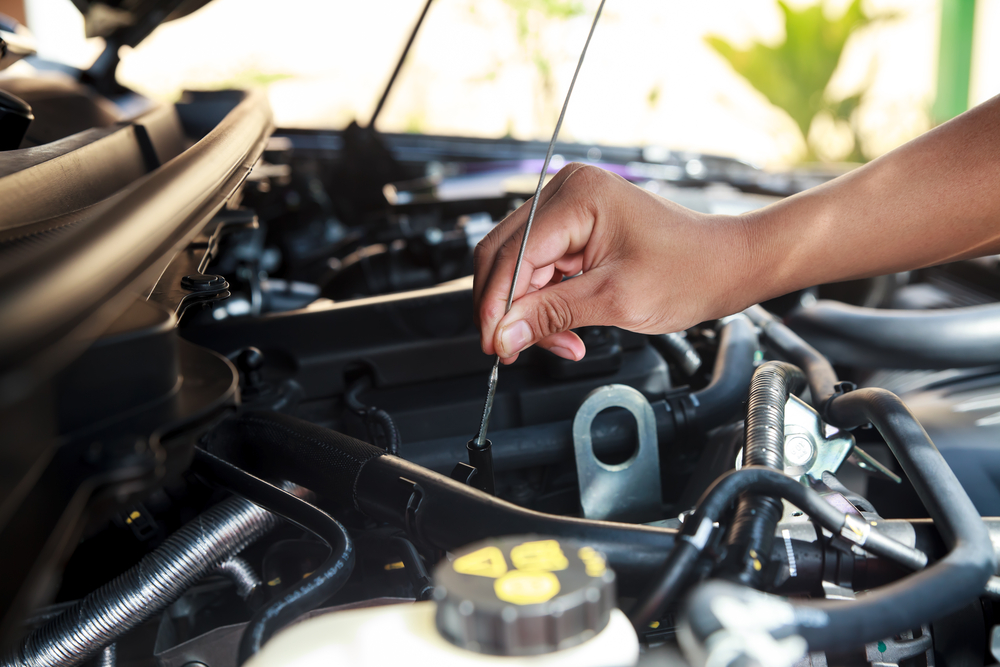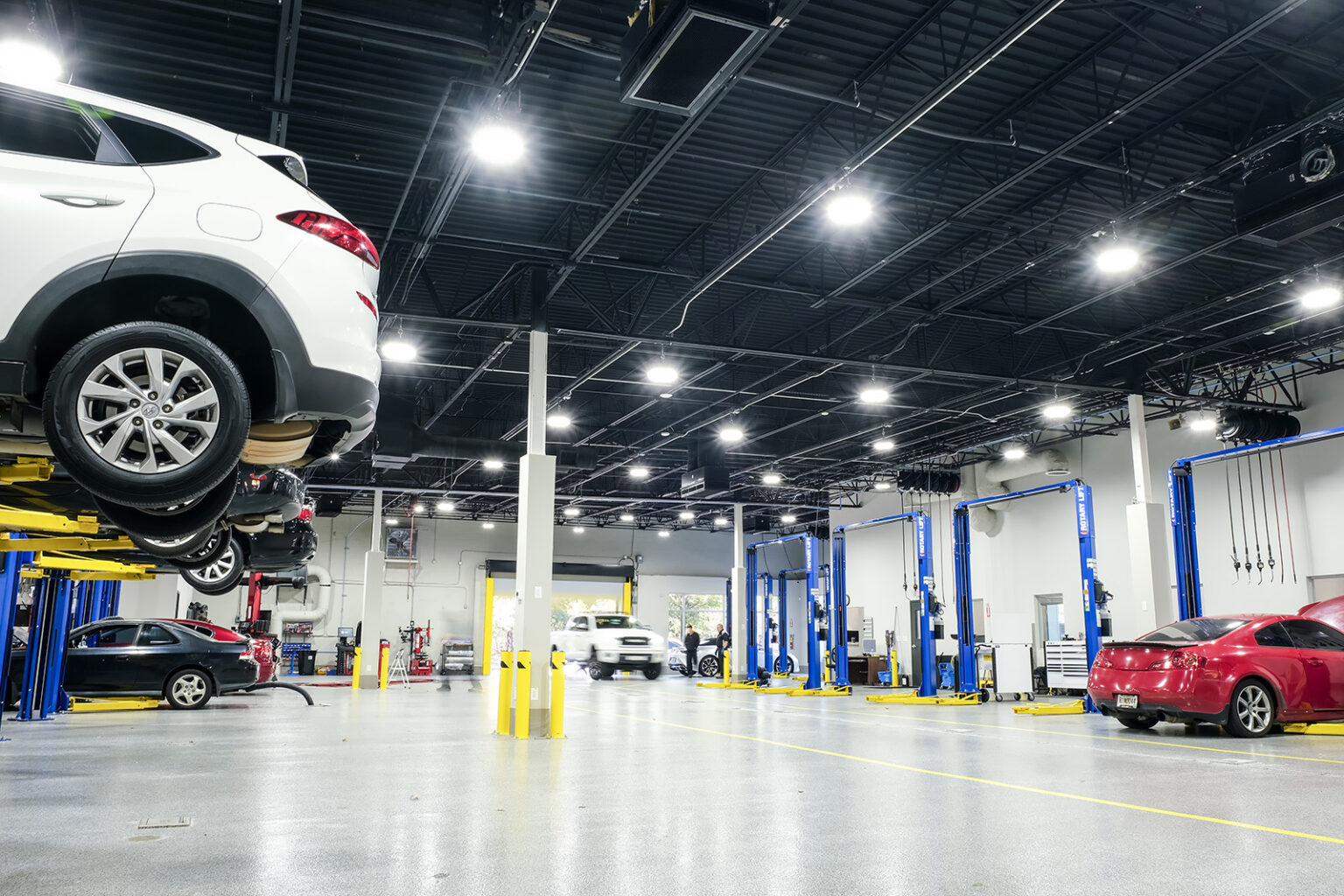All Categories
Featured

Comprehending the difference in between regular repair and maintenance is crucial to guaranteeing your car remains in top condition and runs effectively throughout its life. While both are vital for car maintenance, they offer various objectives. Routine maintenance is regarding avoidance and recurring care, while fixings are required when something breaks or breakdowns. Right here's a review of what each entails and just how they vary.
Regular Upkeep: Stopping Future Issues. Routine upkeep entails the regular, scheduled services that keep your vehicle in good functioning order and avoid problems from developing. These tasks are designed to guarantee that all parts of your auto proceed to operate as they ought to and aid preserve the automobile's integrity. Normal maintenance is commonly laid out in your auto's proprietor manual, defining when to carry out certain tasks based upon gas mileage or time periods.

Some examples of routine maintenance consist of:
Oil Modifications: Oil lubricates the engine, ensuring it runs smoothly and successfully. Normal oil modifications, commonly every 3,000 to 5,000 miles, help stop engine wear and maintain the car running ideally. Tire Turning and Harmonizing: Tire turning aids level tire wear, while stabilizing makes certain smooth handling and enhances tire longevity. This should be done every 6,000 to 8,000 miles. Brake Inspections: Your vehicle's braking system requires regular checks to make certain the pads are in great problem, the liquid degrees are enough, and the rotors are operating well. Fluid Checks: Watching on vital fluids, consisting of transmission fluid, coolant, brake liquid, and power guiding liquid, helps maintain the engine and various other systems running smoothly. Air Filter Substitute: The engine air filter maintains dirt and particles from going into the engine. Changing it consistently helps preserve engine performance and fuel performance. These maintenance tasks are precautionary in nature, made to prolong the life of your car and reduce the risk of failures. By performing routine upkeep, you can capture small concerns before they escalate into bigger, more pricey problems.
Fixes: Dealing With Troubles That Emerge. Fixings, on the various other hand, are essential when a component of your vehicle breaks or fails down. Repair work are frequently unintended and are needed to bring back the car's functionality and safety and security. Unlike regular maintenance, which is concentrated on avoidance, repairs are responsive procedures taken when something breakdowns or wears. While some repair work may be small, others could be extra pricey and intricate.

Examples of usual fixings include:
Transmission Issues: Troubles such as sliding equipments, difficulty moving, or weird noises may signify a malfunction in the transmission, needing fixings or substitute. Engine Repairs: If the engine is misfiring, overheating, or revealing various other indications of problem, it may need a repair service or substitute of specific parts like the stimulate plugs, timing belt, or sensors. Brake Repair works: If your brakes are squealing, making grinding noises, or failing to quit the car efficiently, you might need to change brake calipers, rotors, or pads. Battery Replacement: If the car has difficulty starting or the battery caution light shows up, it may be time to replace the battery. Suspension and Guiding Fixings: If you experience unequal tire wear, a harsh experience, or problem guiding, maybe a sign that the shock absorber or steering elements need repair work. Due to the fact that they include repairing issues that could influence the auto's safety and security or capability, repairs are generally a lot more costly than regular maintenance. Depending on the seriousness of the trouble, repair services might need specialized components and labor.
Trick Distinctions In Between Routine Maintenance and Repair Work. Objective: Regular maintenance intends to ensure and prevent issues that the vehicle runs efficiently. Repair work are essential to fix troubles that have already taken place. Frequency: Maintenance tasks are executed on a routine schedule, while repairs are needed when certain concerns develop all of a sudden. Price: Regular upkeep is generally cheaper, as it involves small checks, modifications, and component substitutes. Fixings can be much more pricey due to labor and components associated with fixing busted components. Timing: Maintenance is foreseeable and planned, whereas repair work happen when something fails, frequently resulting in more immediate interest. The Significance of Both Routine Upkeep and Repair Services. While routine maintenance is essential for decreasing the requirement for repairs, repair work are sometimes inevitable. Also the best-maintained lorries can experience deterioration with time. It's necessary to be proactive with upkeep and address repair work immediately to ensure your cars and truck stays secure and reputable to drive.
By remaining on top of routine maintenance jobs, you can minimize the threat of requiring pricey repairs. When repair services are required, addressing them early can assist protect against additional damages and ensure that your cars and truck remains to perform at its finest.
Conclusion. In summary, regular repair and maintenance are both vital parts of car care. Regular maintenance assists stop issues and ensures your automobile is running efficiently, while repair work are needed to take care of troubles that arise unexpectedly. By balancing normal maintenance with prompt repairs, you can prolong the life of your vehicle and delight in a safer, more dependable driving experience.
Latest Posts
Encouraging Young people with WyHy's Financial Tools
Published Apr 19, 25
1 min read
Boost Your Home with Automatic Gates
Published Apr 19, 25
1 min read
About Us: Learn More The Services at Montclare Auto Repair and Our Trusted Solutions
Published Apr 19, 25
2 min read